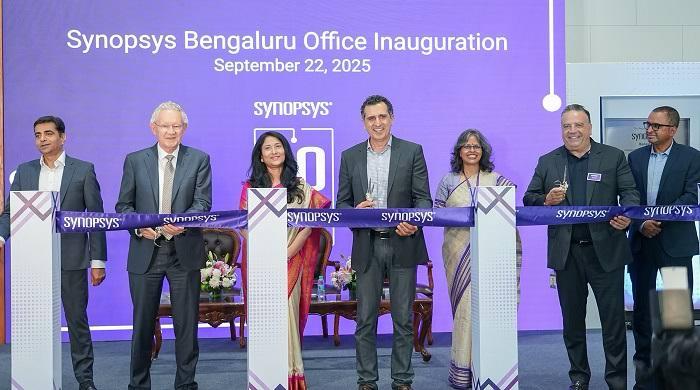 Image Source: Moneycontrol
Image Source: Moneycontrol
India’s Chief Economic Advisor (CEA) V Anantha Nageswaran has raised a red flag over the widening gap between corporate profitability and employee wage growth, warning that the rise of artificial intelligence could exacerbate the disparity. Speaking at the Network18 Reforms Reloaded 2025 summit in New Delhi, Nageswaran highlighted that while India’s top private sector firms have seen robust profit margins, salary growth has lagged significantly behind—posing long-term risks to workforce morale and economic equity.
His remarks come amid growing concerns about income stagnation, especially in middle-class salaried roles, and the disruptive impact of AI on traditional employment structures.
Key Highlights from the CEA’s Address
Salary and wage growth in India has consistently trailed corporate profitability over the past decade.
AI adoption is expected to deepen this gap by replacing routine jobs and compressing wage structures.
Nageswaran urged Indian industry to invest more in research and development to remain competitive and inclusive.
He emphasized that economic growth must translate into equitable gains for the workforce, not just shareholders.
Profit vs Pay: The Growing Disparity
Corporate Performance
India’s top 25 manufacturing firms and broader private sector have posted strong profit growth, with EBITDA margins averaging 22 percent over the last four years.
Profit after tax for listed entities rose by 31.7 percent in 2024, while employee expenses grew only 13 percent, according to SBI Research.
This uneven trajectory reflects a structural imbalance in how economic gains are distributed.
Wage Stagnation
Entry-level IT and service sector roles have seen minimal real wage growth, despite rising inflation and living costs.
The middle class, particularly salaried workers, has experienced near-zero growth in disposable income.
This stagnation has contributed to a slowdown in private consumption, which accounts for over 60 percent of India’s GDP.
AI’s Role in Reshaping the Wage Landscape
Nageswaran cautioned that AI will likely automate routine tasks, reducing demand for mid-skill roles and flattening wage hierarchies.
While AI can boost productivity, it may also lead to job displacement and wage compression unless accompanied by upskilling and innovation.
He stressed that India must proactively adapt its business models to ensure technology augments rather than replaces human capital.
Call for Industry Reform and R&D Investment
The CEA urged Indian companies to ramp up research and development spending to foster innovation and create high-value jobs.
He emphasized that inclusive growth requires reinvesting profits into workforce development, not just capital expansion.
Nageswaran also highlighted the importance of ethical leadership and long-term thinking in shaping a resilient economy.
Broader Economic Outlook
Despite wage concerns, Nageswaran remains optimistic about India’s macroeconomic trajectory.
He projected GDP growth to reach the upper end of the 6.3 to 6.8 percent range in FY26, supported by GST 2.0 reforms and tax relief measures.
He believes these reforms will boost domestic demand and help offset the consumption slowdown.
Conclusion
The CEA’s candid remarks serve as a wake-up call for India’s corporate sector. As profitability climbs and AI reshapes the employment landscape, ensuring fair wage growth and workforce inclusion is no longer optional—it’s essential for sustainable development. By investing in R&D, upskilling, and ethical business practices, Indian industry can bridge the gap between profit and pay, and build a future where growth benefits all.
Sources: Moneycontrol, News18 Hindi, CNBC TV18
Please get more news
Silicon Surge: AI IPO Wave and Dollar Assets Lure Indian Investors to US Markets, Says Neev Finance
Advertisement
Advertisement





